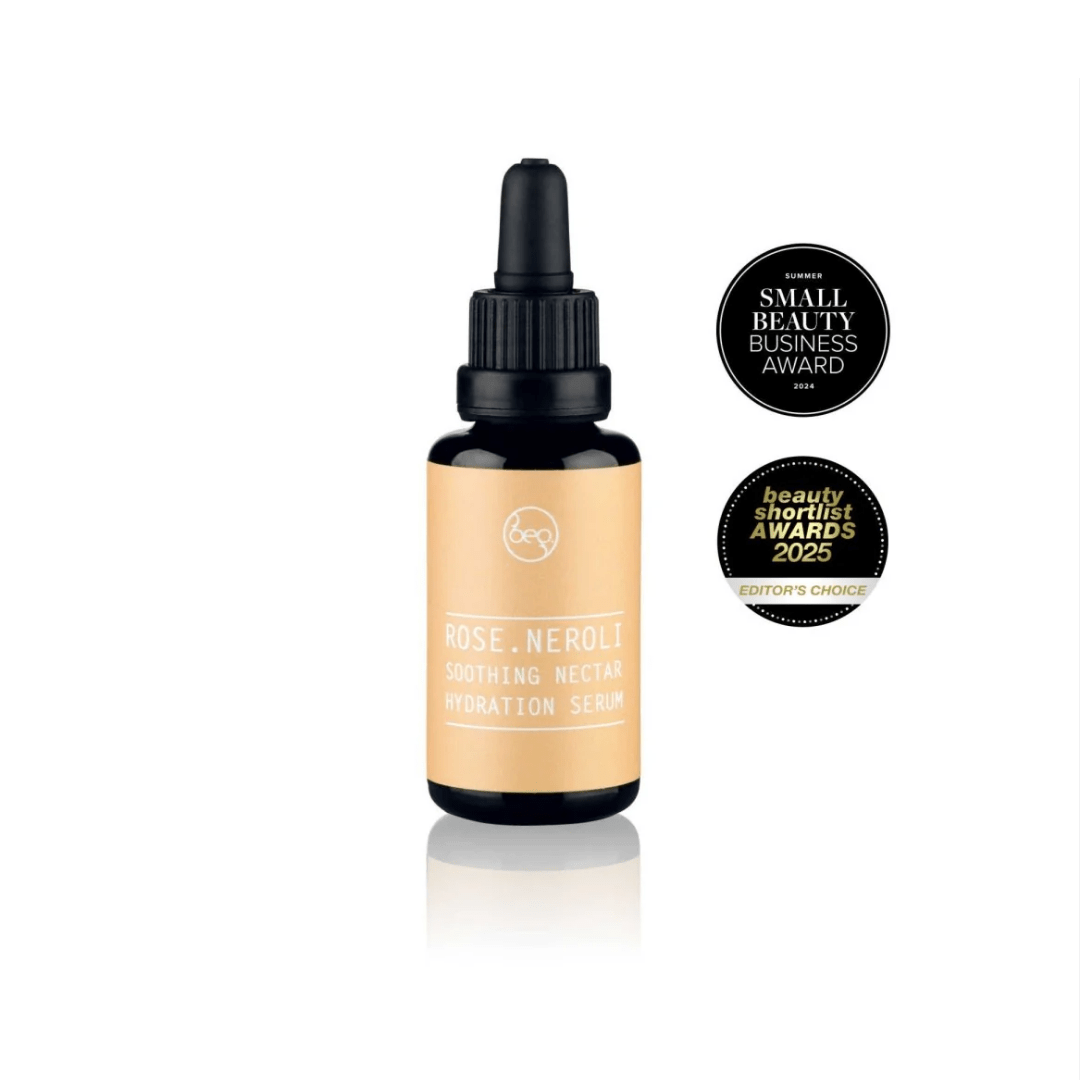Filters
Dry skin: If our skin doesn't produce enough of its own oil (sebum), it becomes dry. The skin barrier is disrupted.
The causes of dry skin
Dry skin is often hereditary. Environmental influences such as UV radiation, cold, wind, stress, or improper skincare using foaming soaps and gels, over-treatment with strong active ingredients such as acids, retinol, etc., excessively hard water, and excessively dry or warm air in the home can all dry out the skin. Furthermore, skin becomes drier as we age.
How to recognize dry skin
- Small pores.
- The skin feels rough to flaky, especially on the sides of the face, i.e., outside the T-zone. But also on the hands.
- She tends to be sensitive (e.g. red spots).
- Tends to fine dryness lines and premature wrinkle formation.
- After washing, or even a few hours after moisturizing, the skin feels dry again. It feels "tight."
- The skin does not absorb care products easily.
- Milia (skin grit) and blemishes may occur.
- If the skin is dry and also oily or impure, then it is dehydrated , i.e. in this case it needs both moisture and oil.
Care tips for dry skin:
1. Use a mild cleanser without high-foaming surfactants or drying alcohols. If your tap water is too hard, use pure floral water (hydrosols) instead of water for cleansing.
2. Care: Sufficient moisturizing care such as hydrolates , moisture-binding ingredients such as hyaluronic acid or glycerin is the solution, as well as nourishing oils and plant butters that give the skin the necessary lipids (fatty acids) and protect the skin from moisture loss and aggression.
3. Dietary supplements: Omega fatty acids (such as those found in flaxseed and fish oil) can provide support for dehydrated skin. Realistically, the first effects on the skin will be noticeable after 3-4 months.



















